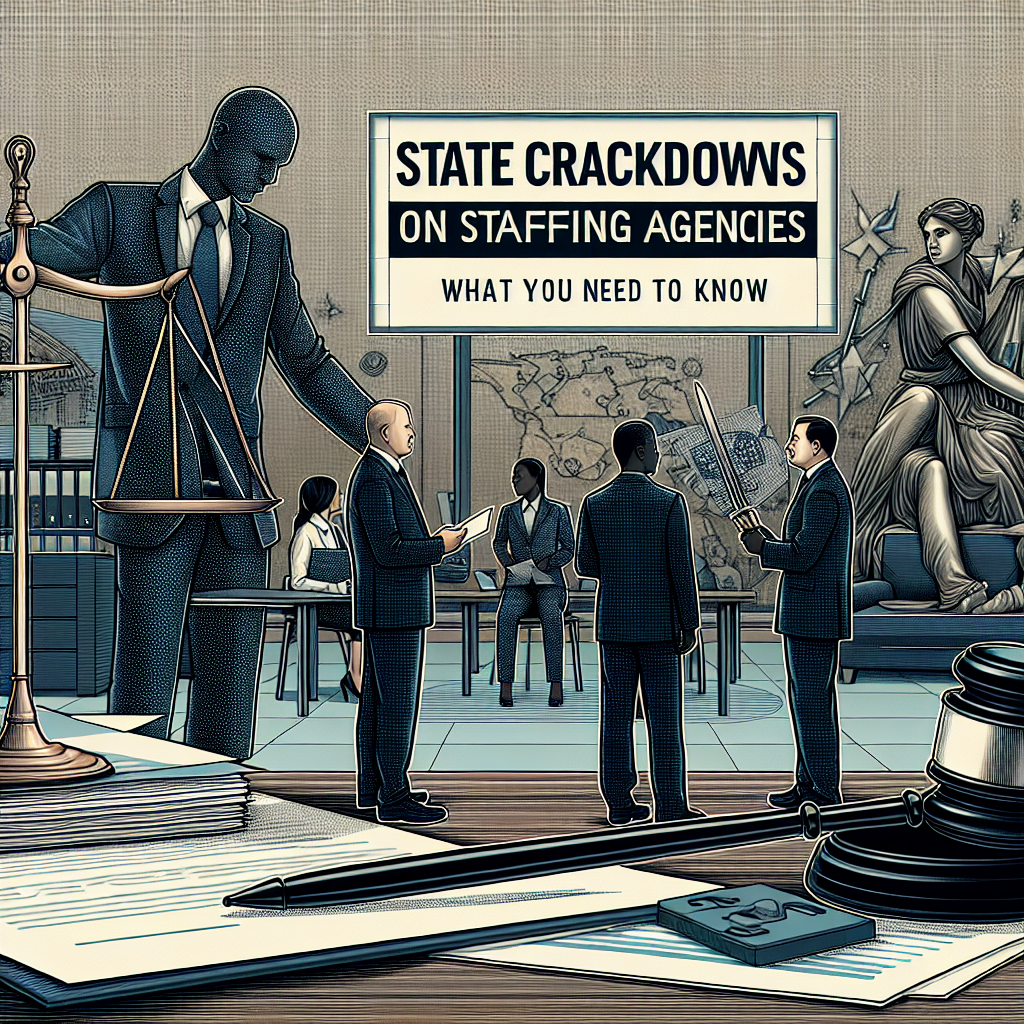New York, NY—In recent months, state governments have intensified their scrutiny and regulatory enforcement on staffing agencies, particularly those serving healthcare facilities such as nursing homes, citing practices that allegedly exploit workers and inflate healthcare costs. This crackdown, while aiming to protect workers and manage healthcare expenses, poses significant challenges for nursing homes already struggling with severe staffing shortages.
The move to regulate these agencies more strictly comes in the wake of numerous reports suggesting some staffing agencies engage in predatory pricing, especially during the COVID-19 pandemic. They are accused of charging exorbitantly high rates for staffing services, creating financial strain on healthcare facilities reliant on temporary staff to maintain operational capacity.
One statistic illustrating the gravity of the situation is the sharp increase in spending on temporary healthcare workers. According to a report from the American Health Care Association, spending on temporary staff in nursing homes increased by over 300% from 2019 to 2021. This spike has forced many facilities to allocate a significant portion of their budgets to staffing costs, leaving fewer resources for other critical areas of care and operations.
However, the crackdowns, although well-intentioned, could inadvertently exacerbate the staffing crisis in nursing homes. The increased regulatory pressure on staffing agencies may lead to a decrease in the availability of temporary staff, as agencies struggle to comply with new regulations or face penalties that could potentially put them out of business. This comes at a time when nursing homes are already facing a historic workforce shortage.
“Nursing homes across the country are grappling with unprecedented staffing challenges,” says Dr. Linda Sanders, a healthcare policy expert. “While the intent behind these regulatory actions is commendable, there’s real concern that they might make it even harder for nursing homes to find the staff they desperately need.”
This concern is not without merit. Nursing homes rely on staffing agencies to fill gaps in their workforce, ensuring residents receive the care they need. With fewer agencies in the market or increased costs due to regulatory compliance, nursing homes might find it even more difficult to secure temporary staff, which could lead to poorer care quality or, in extreme cases, facility closures.
Moreover, there’s a fear among industry experts that these crackdowns could further strain the relationship between nursing homes and staffing agencies, potentially leading to a more fragmented and less efficient workforce in the already beleaguered healthcare sector.
In summary, while the intention behind the state crackdowns on staffing agencies aims to address significant issues within the healthcare industry, policymakers must tread carefully. The potential unintended consequences could exacerbate the ongoing staffing crisis in nursing homes, putting vulnerable populations at greater risk. As states forge ahead with these regulatory efforts, it will be crucial to strike a balance that protects workers and patients alike, without undermining the ability of nursing homes to provide essential care.


